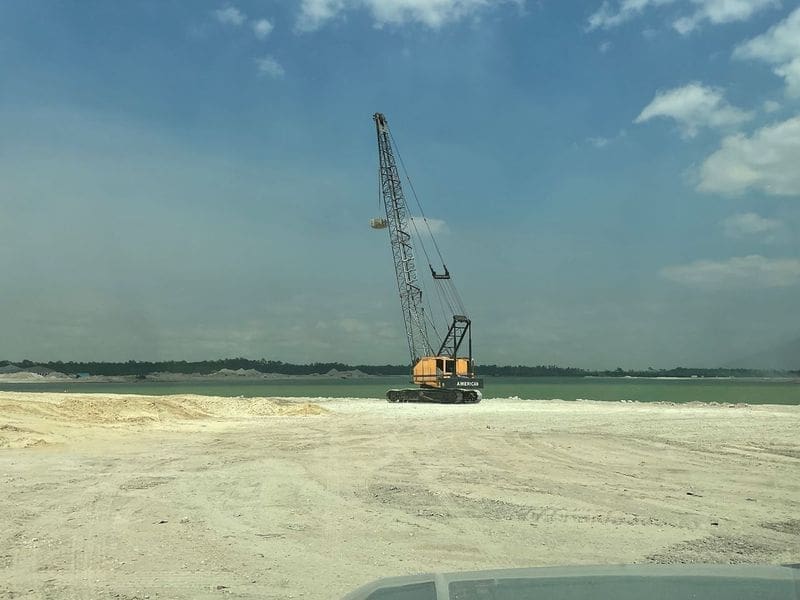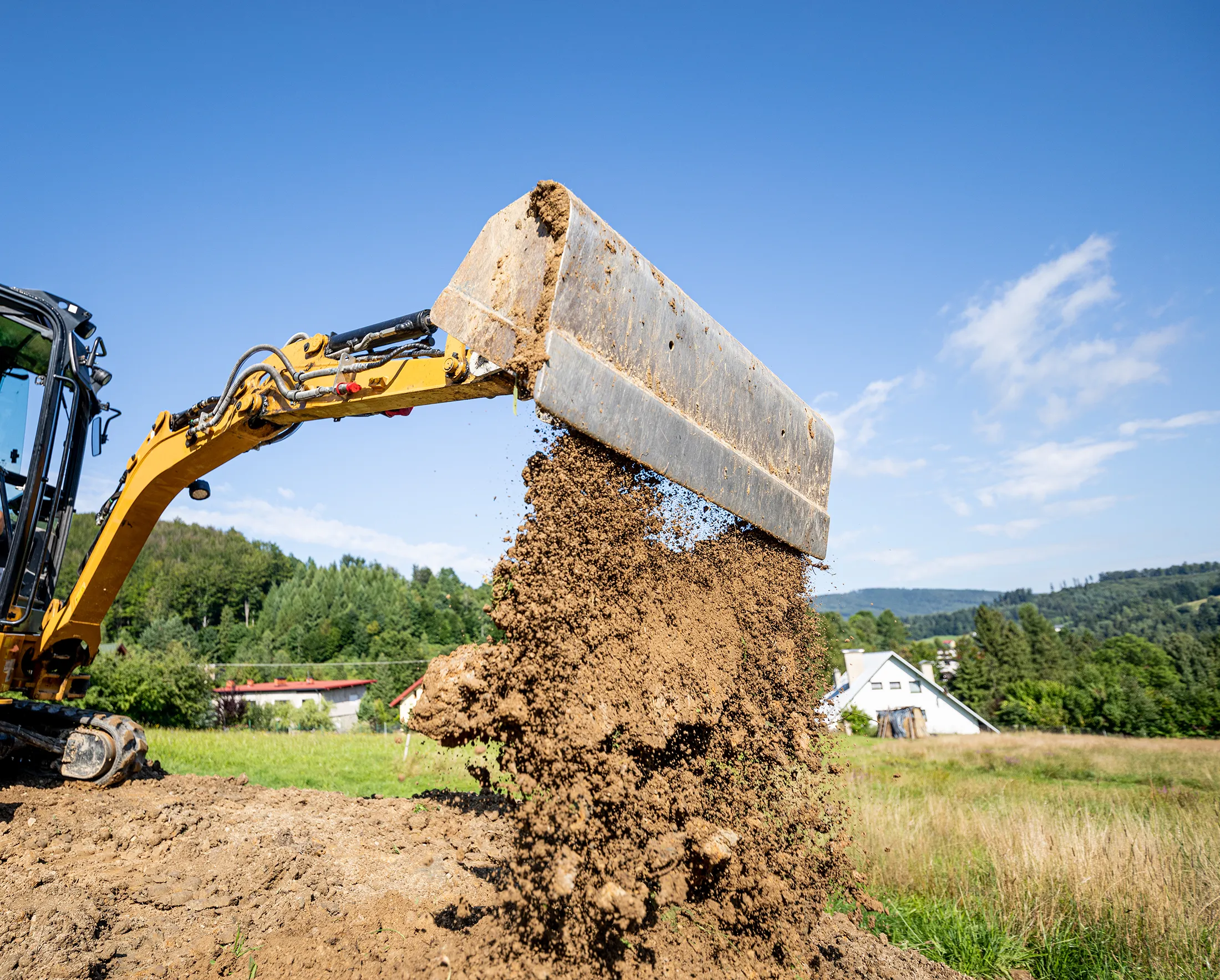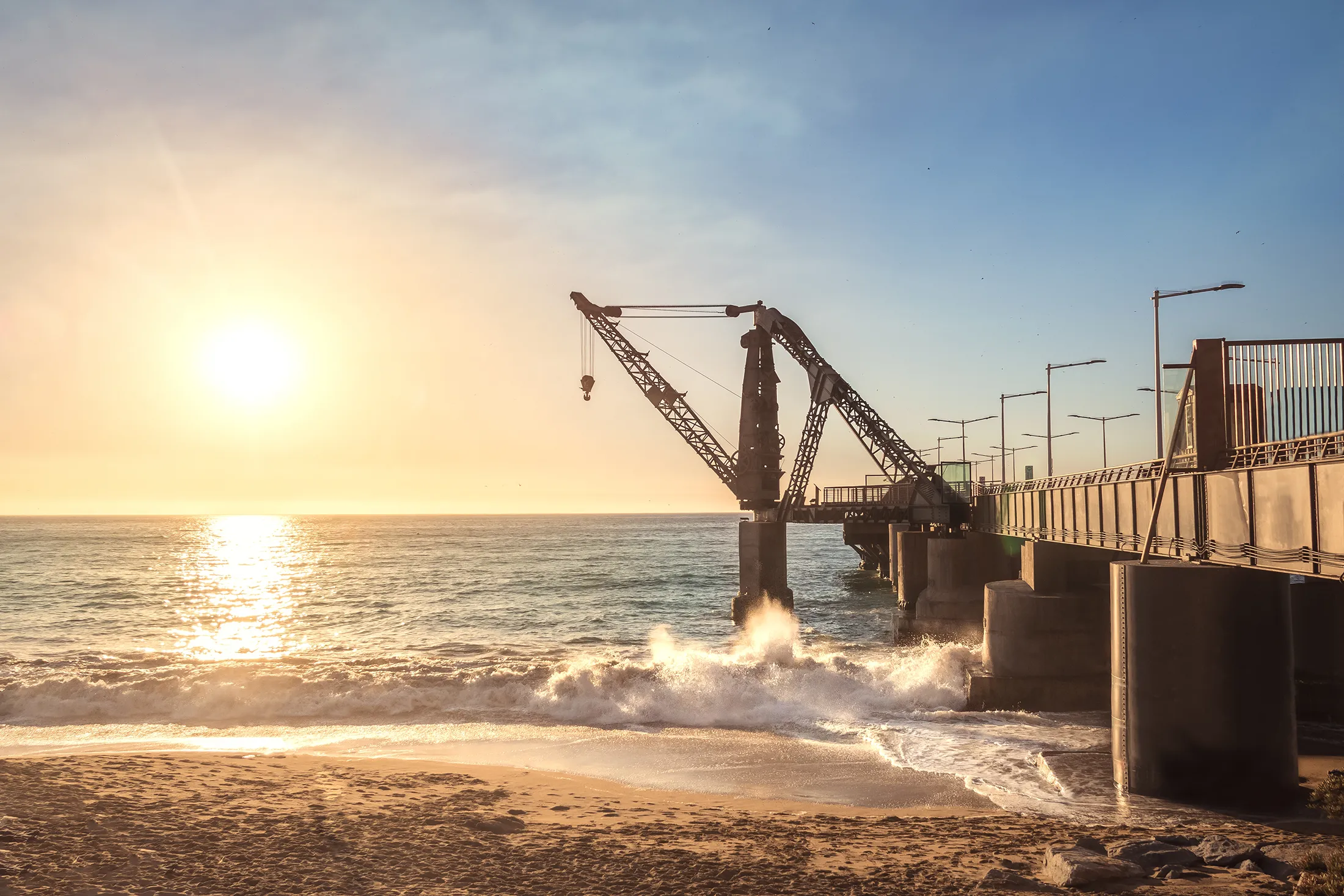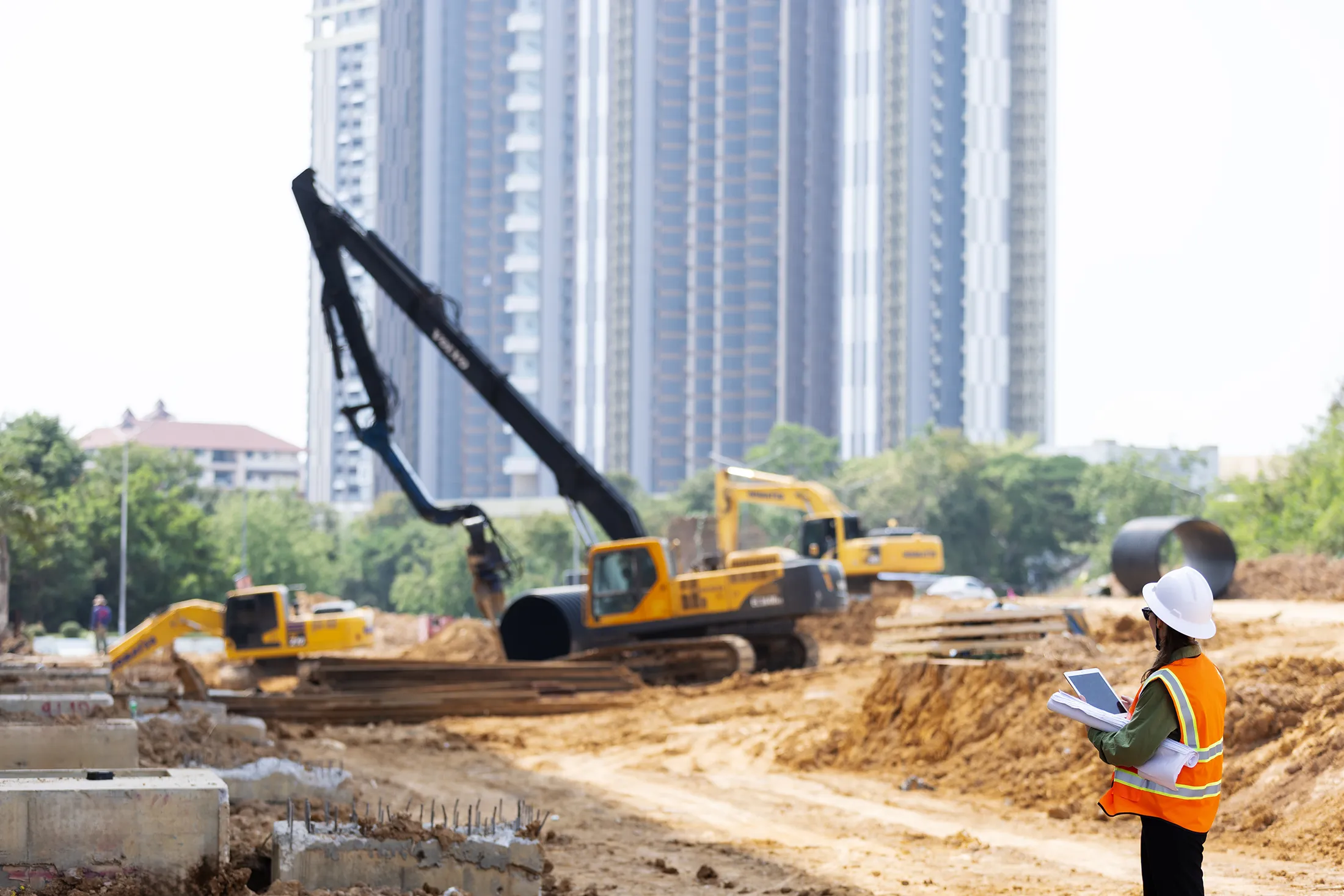
Hidden Costs of Poor Soil Preparation and Why Dynamic Compaction Pays Off in the Long Run
Introduction: What You Don’t See Can Hurt Your Project
When a new project begins, everyone focuses on the exciting parts, designs, renderings, permits, and breaking ground. But one of the most important factors is also one of the most overlooked: the soil underneath.
Soil stability determines whether a building stands strong or starts sinking. It decides whether your budget stays intact or goes off track. The truth is, what’s happening under your project can make or break it. And the costs of skipping proper ground preparation can be far higher than most people realize.
That’s where dynamic compaction comes in. It is a simple yet powerful method that increases soil strength and reliability. In this blog, we will explore the real financial risks of skipping soil improvement and show how Densification’s approach to dynamic compaction can save you money, time, and stress in the long run.
The Real Price of Ignoring Soil Preparation
Let’s be honest, developers often look for ways to save money early in the construction process. When budgets are tight, it’s tempting to skip what feels like “extra” testing or preparation. But cutting corners on the ground beneath your structure can lead to serious problems.
The Costs Add Up Fast
If the soil is not properly compacted or treated, here’s what can happen:
- Settlement problems: Parts of your structure may sink or shift unevenly.
- Foundation damage: Cracks can form in slabs, beams, and walls.
- Utility issues: Pipes and conduits may break or become misaligned.
- Repairs and rework: Fixing these problems is often expensive and disruptive.
- Project delays: Work stops while engineers scramble for a solution.
- Loss of reputation: Clients and investors notice when your project has problems.
Why Dynamic Compaction Is a Smart Investment
Dynamic compaction may look simple, but it offers some of the best returns on investment in construction. Here are five reasons why:
1. Lower Cost Than Other Methods
Compared to other soil improvement techniques like deep foundation piles or chemical stabilization, dynamic compaction is often much more affordable. There’s less equipment, fewer materials, and a faster timeline.
2. Better Performance and Safety
With improved soil density comes increased bearing capacity. This means the ground can support heavier loads with less risk of settlement. Structures built on compacted soil perform better and last longer with fewer issues.
3. Time-Saving
Dynamic compaction is fast. Most sites can be treated in a matter of days or weeks, depending on the size and conditions. This keeps your project moving and avoids scheduling problems later on.
4. Adaptable to Different Soils
While it’s most effective in granular soils, dynamic compaction can be adjusted to suit many conditions. That flexibility makes it ideal for a wide range of commercial, industrial, and municipal projects.
5. Long-Term Savings
The upfront cost of dynamic compaction is small compared to the savings you see over the life of your project. You reduce risk, avoid repair costs, and maintain the value of the property.
The Hidden ROI of Ground Improvement Services
When you work with Densification, the value goes beyond the technique itself. Our team provides full-service support that ensures you get the right solution for your specific project.
Here’s what you get with our ground improvement services:
- Expert site assessment: We begin with a site visit and soil investigation.
- Customized improvement plan: We recommend the best improvement method based on actual data.
- Field-proven execution: Our experienced crews carry out the work efficiently and safely.
- Post-compaction testing: We confirm results through testing, giving you confidence and documentation.
- Support for permits and approvals: We provide the information cities and agencies need to approve your plans.
That combination of engineering, execution, and oversight gives you peace of mind and a smoother build overall.
Skipping Ground Improvement? Here’s What to Expect
If you choose not to invest in soil improvement, you take on several financial risks:
- Insurance claims and legal liability if damage occurs
- Difficulty leasing or selling property with known structural issues
- Unexpected costs during construction, especially when problems are uncovered
- Delays in inspections or occupancy permits due to safety concerns
- Higher long-term maintenance from cracks, leaks, and uneven surfaces
These risks can easily outweigh any money saved by skipping proper preparation.
When Should You Consider Dynamic Compaction?
You should start thinking about ground improvement services as soon as you evaluate a site. Some signs that dynamic compaction might be right for your project include:
- The site contains undocumented fill or loose soils
- You are building on reclaimed land or near a shoreline
- You see signs of previous subsidence or water infiltration
- You need a fast, cost-effective way to prepare the site
- You want to reduce risk and increase property value
Even if you’re unsure, a simple site visit and analysis can help determine whether it is the right improvement technique for your needs.
Why Work with Densification?
Densification is more than just a contractor. We are geotechnical professionals who specialize in improving soil performance with a scientific, data-driven approach. Our engineers and field crews bring years of experience across a wide range of project types and soil conditions.
Here is what sets us apart:
- Clear, honest communication from start to finish
- Tailored solutions based on real-world testing
- Efficient field execution with safety at the core
- Support with documentation and approvals
- Focus on long-term value, not just short-term fixes
From commercial construction to public infrastructure, we make it easier to build on solid ground.
Conclusion: Solid Ground Starts with Smart Decisions
The cost of skipping soil preparation can be devastating. Poor soil can lead to expensive repairs, lost time, and long-term performance problems. But when you plan and choose the right ground improvement method you are making an investment that pays off for decades.
At Densification, we help you avoid those hidden costs and maximize the strength of your project from the ground up.
Have questions about your site or project? Email us at info@densification.com to schedule a consultation or site visit. Our team is ready to help you make smarter decisions and build with confidence.











